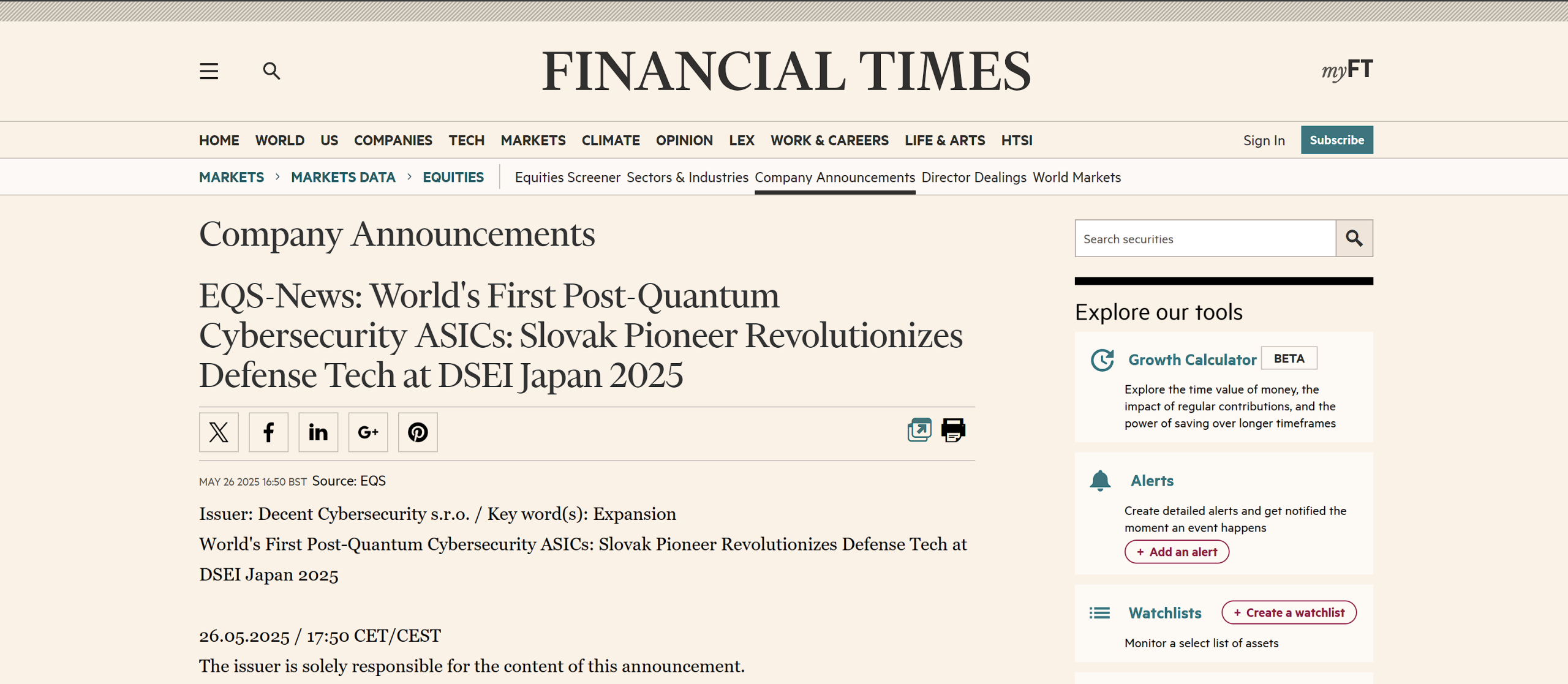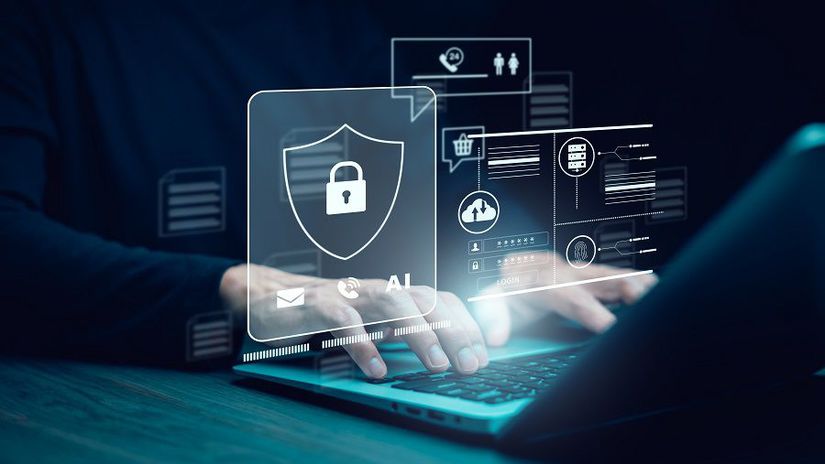As the promise of quantum computing emerges on the horizon, the traditional cryptographic underpinnings of Identification, Friend or Foe (IFF) systems face a transformative challenge. With the potential to decrypt current encryption standards, quantum computing introduces a new dynamic to IFF security, influencing the integrity of military operations and the safety of personnel. This article delves into the critical role of post-quantum cybersecurity in safeguarding IFF systems, exploring how cutting-edge cryptographic developments can fortify these essential military assets against the quantum threat, ensuring operational integrity and combatant safety in the era of quantum computing.
Introduction to IFF Systems and Quantum Challenges
IFF systems are integral to modern military operations, providing a crucial mechanism for identifying friendly units and distinguishing them from potential adversaries. However, the encryption methods that secure these systems are poised for a quantum leap, necessitating a shift to post-quantum cryptographic methods to safeguard communications and data integrity.
The Emergence of Post-Quantum Cybersecurity
Post-quantum cybersecurity encompasses cryptographic algorithms designed to be secure against the computational prowess of quantum computers. These algorithms are based on mathematical problems that are resistant to quantum attacks, ensuring the confidentiality, integrity, and authenticity of data and communications in a post-quantum world.
Securing IFF Communications with Post-Quantum Cryptography
Integrating post-quantum cryptographic solutions into IFF systems is paramount for maintaining operational security. This integration ensures that signals and responses between units are protected against interception and decryption by adversaries equipped with quantum computing capabilities. It also guarantees the authenticity of IFF signals, mitigating the risk of spoofing and other forms of electronic deception.
Enhancing Data Integrity and Trust
Post-quantum cryptography enhances the integrity of data transmitted through IFF systems. By ensuring that data remains tamper-proof and verifiable, military commanders can trust the accuracy and reliability of the information they receive, which is crucial for making informed tactical decisions on the battlefield.
Challenges in Transitioning to Post-Quantum IFF Systems
Transitioning to post-quantum cryptographic methods in IFF systems involves addressing significant challenges. These include the computational limitations of military hardware, ensuring interoperability with legacy systems, and the need for comprehensive testing and standardization to validate the efficacy and security of post-quantum algorithms in real-world scenarios.
Collaboration and Standardization Efforts
A coordinated effort between military agencies, industry leaders, and academic institutions is essential for developing and standardizing post-quantum cryptographic solutions for IFF systems. Collaborative research, development, and rigorous testing are crucial for ensuring that these solutions meet the stringent requirements of military operations and provide robust protection against the quantum threat.
Looking Ahead: The Future of IFF in a Post-Quantum Era
As quantum technology continues to advance, the role of post-quantum cybersecurity in IFF systems will become increasingly crucial. Military strategists and technology developers must remain vigilant, continuously adapting to the evolving threat landscape to ensure that IFF systems remain secure, reliable, and effective in safeguarding military operations and personnel.
Conclusion
The integration of post-quantum cybersecurity into IFF systems is not just a strategic imperative; it’s a crucial step in future-proofing military communications and operations. In the face of the quantum computing revolution, ensuring the resilience and integrity of IFF systems is paramount. As we embark on this journey, the convergence of military strategy, advanced cryptography, and collaborative innovation will pave the way for a new era of secure, reliable, and quantum-resistant IFF systems, safeguarding the future of military operations and the brave individuals who carry them out.





